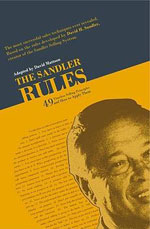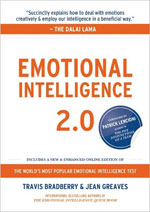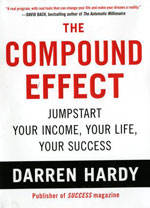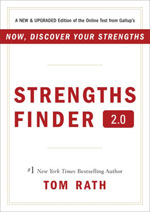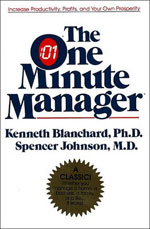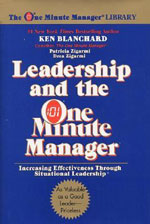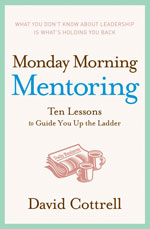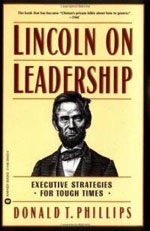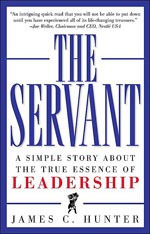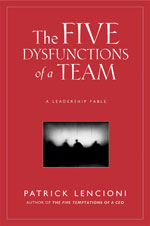 Rarely does a dream come true easily and effortlessly, without delays, problems, or hurdles. It is far more common that one must overcome many obstacles and suffer through some pain before hitting any meaningful target.
Rarely does a dream come true easily and effortlessly, without delays, problems, or hurdles. It is far more common that one must overcome many obstacles and suffer through some pain before hitting any meaningful target.
The bigger your dreams, the tougher your challenge, the more ambitious your goals, the more likely it is that you’ll face difficulties along the way.
When problems arise, what will you do? Will you just give up? Or will you persist, struggling to succeed?
I’ve never always completely agreed with the statement “What doesn’t kill you makes you stronger.” I recently came across a paper in the Harvard Business Review entitled “Performance Persistence in Entrepreneurship.” This paper presents the idea that entrepreneurs with a track record of success are much more likely to succeed than first-time entrepreneurs and those who have failed previously.
After leading a sales organization for many years, I look to one main indicator for predicting future success in salespeople: levels of persistence in past performance. Those who persevere and persist through challenges are, hands down, more likely to be successful. But that success doesn’t come automatically! What doesn’t kill you can make you stronger—IF you follow the right strategies.
Here are five strategies to help you beat the odds:
1. Look for the gift in challenges.
Have you had a bad day lately? A day when you thought it just couldn’t get any worse? We all have those kinds of days for sure.
It can be hard to see when you’re in the midst of a trial, but there are almost always lessons to be learned through hard times. As Napoleon Hill wrote, “Within every problem or obstacle lays the seed of an equal or greater opportunity or benefit. Your job is to find it.”
What if the struggles we undergo are meant to help us release a potential we didn’t realize we had? Author Mike Dooley says, “If you understood the extraordinary gifts that every single challenge in your life makes possible, even inevitable, you’d celebrate your challenges, new and old alike, as the omens that they are of new beginnings and spectacular change.”
2. Focus on the goal.
A major key to success is to have big, hairy, audacious goals (BHAGs) running as undercurrents for everything we do in the present and in the near future. A BHAG is the single purpose that underpins and drives everything a business is about and is striving for. Author and business strategist Jim Collins says, “BHAGs are not just random goals … A good BHAG has to fit with what you’re passionate about, which includes your values. It has to fit with what best drives you.” We need to set our BHAGs and let them guide us every step of the way as we maintain our focus.
3. Don’t see obstacles—see solutions.
Turn on the TV, open the newspaper, or surf the Internet—what do you always see? Problems. Everywhere we look, we see problems in our personal and professional lives. Are we facing a “problem epidemic”? How can we overcome perpetual problems in life?
What if I told you that your problems were, in fact, not problems at all? Can you believe that your problems are actually opportunities? What if we woke up every morning with a “solution epidemic” mindset?
Each time you’re presented with a problem, remind yourself of this: for every problem, there’s a solution and an opportunity. We can choose to see a world filled with problems or a world filled with unseen solutions.
4. Ask for help and support.
When you feel like giving up, ask for help. Your challenges are probably not as rare as you think. There are others who have been there before or who are there right now. Tap the collective experience and wisdom of others, thus raising your own ability to overcome the problems you face.
In general, people love to help others, and someone else’s perspective might just be the catalyst you need to break through your brick wall. Having supportive people in your corner will keep you going until you catch your second wind of internal motivation.
5. Engage likeminded, passionate people.
Renowned business philosopher Jim Rohn researched the “Law of Associations,” which suggests you are a direct reflection of the five people you associate with the most. If the five people closest to you have negative philosophies, it’s unlikely you will have a positive one. Do your closest professional relationships reflect themes of blame and disempowerment or themes of responsibility and empowerment?
We need to be acutely aware of the company we keep. Are the people around you the kind of people you want to be? Passion is contagious, and we need to engage likeminded, passionate people.
Which of the five strategies resonates with you the most? Why?








